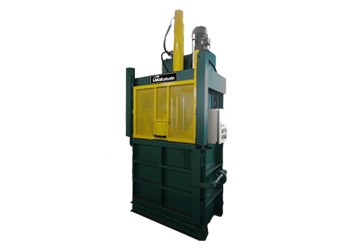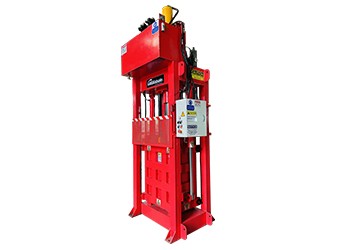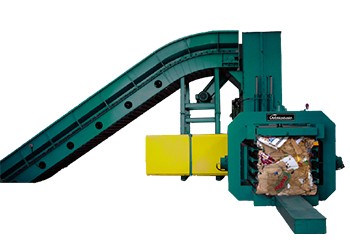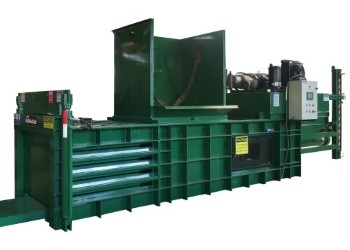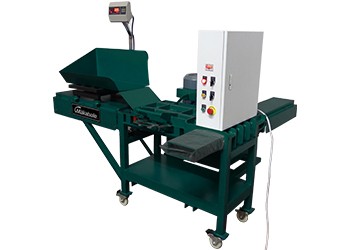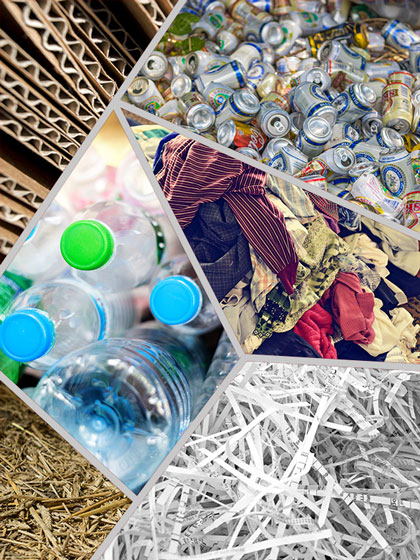Why Recycle Used Clothes?
Used clothes and textiles are not a waste. We need to recycle them and keep them out of landfills. Selling used clothes is one of the eco-friendly businesses that specialize in this. There are many responsible used clothes recycling organizations, aiming to promote sustainability and reduce the environmental impact of landfill waste.
The following are some of the benefits of recycling used clothes and textiles.
1. Reduce cost: Recycled textiles can be used in production instead of new one. This will reduce the cost incurred on the raw materials, thus saving money for the end users as well.
2.Help those in need: Recycled textiles can be used in many charitable causes.
3.Environment-friendly: Recycling used clothes and textiles will save energy and reduce greenhouse gas emissions compared to disposing them in the landfill.
4.Create jobs: Recycling used clothes and textiles can create jobs by employing the already unemployed people who have handloom skills and thereby help out poor families financially.
5.Reduces costly consumerism: This can be used as a strategy to reduce the amount of used clothes and textiles that are disposed in landfills.
Textile baler is a necessary and important equipment used in the textile recycling industry. Contact an experienced baler machine company for help with baling the clothing and textiles.



